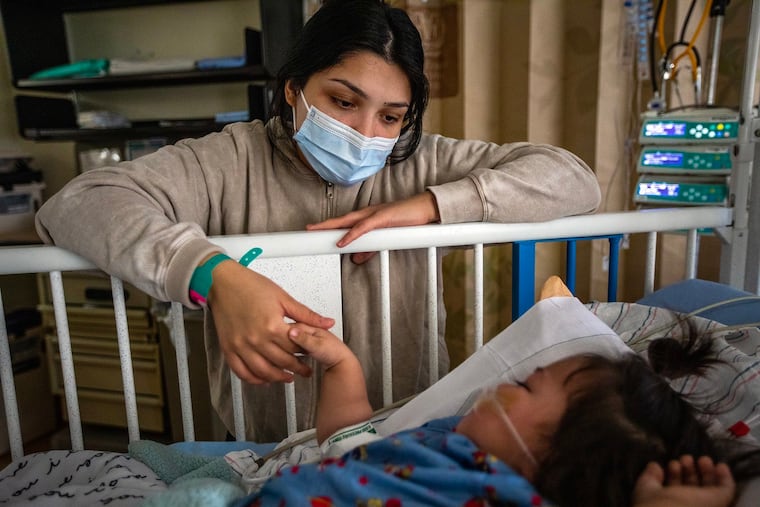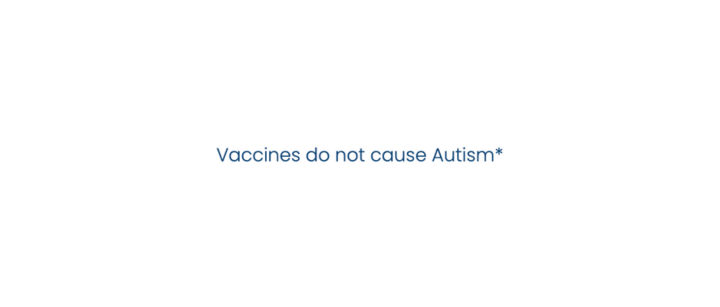Study reveals most infants did not receive RSV prevention drug.
Recent research conducted by the Children’s Hospital of Philadelphia (CHOP) has highlighted significant barriers to the acceptance of a new drug called Beyfortus, which offers protection against respiratory syncytial virus (RSV). This common cold-like virus poses a serious risk to infants, frequently resulting in severe illness and hospitalizations.
Beyfortus, which was approved by the Food and Drug Administration (FDA) in 2023, is the first preventive medication specifically designed for otherwise healthy infants. The drug garnered widespread praise from the medical community as a promising solution to combat the highly contagious RSV, which notably strained children’s hospitals during an unprecedented “tripledemic” of respiratory illnesses in the previous winter.
Despite the potential benefits of Beyfortus, uptake in its first season was disappointingly low, with only 35% of eligible children receiving the treatment. This statistic was part of a study examining data from 32 practices within the CHOP Primary Care Network across Pennsylvania and New Jersey. The findings revealed that the drug’s adoption was particularly limited among children who were publicly insured, Black, or living in socioeconomically disadvantaged neighborhoods. Researchers analyzed a sample size of 7,208 patients, and the study was recently published in the esteemed medical journal Pediatrics.
Experts assert that in order to fully experience the benefits provided by Beyfortus, a higher proportion of young infants must receive the treatment. A leading medical authority at CHOP commented on the necessity of increasing these numbers to safeguard vulnerable populations.
RSV typically produces mild symptoms such as runny noses and coughs; however, it can escalate rapidly in infants, leading to severe respiratory issues like pneumonia that may necessitate hospitalization. Each year, hundreds of children across the United States succumb to RSV, with tens of thousands facing severe symptoms and hospitalization, according to the Centers for Disease Control and Prevention (CDC).
Beyfortus has demonstrated the capability to reduce hospitalization rates by as much as 80%. It operates via a monoclonal antibody mechanism that fortifies the infant’s immune response prior to potential viral exposure. Administered as a single injection, Beyfortus is intended to protect children through the RSV season, which typically spans the fall and winter months.
The CDC recommends that otherwise healthy infants under the age of eight months receive the Beyfortus injection between October and March, with optimal timing just before the RSV illness peak. For families concerned about costs, most insurance plans cover the medication, while federal programs ensure accessibility for uninsured or underinsured children.
Furthermore, systemic disparities in the uptake of this life-saving drug underline the need for enhanced communication and education around its benefits. CHOP experts encourage parents to engage in discussions with their primary healthcare providers to make empowered and informed health decisions for their children. The urgency is compounded by the experiences of healthcare professionals who have witnessed the devastating consequences of RSV in previously healthy infants.







